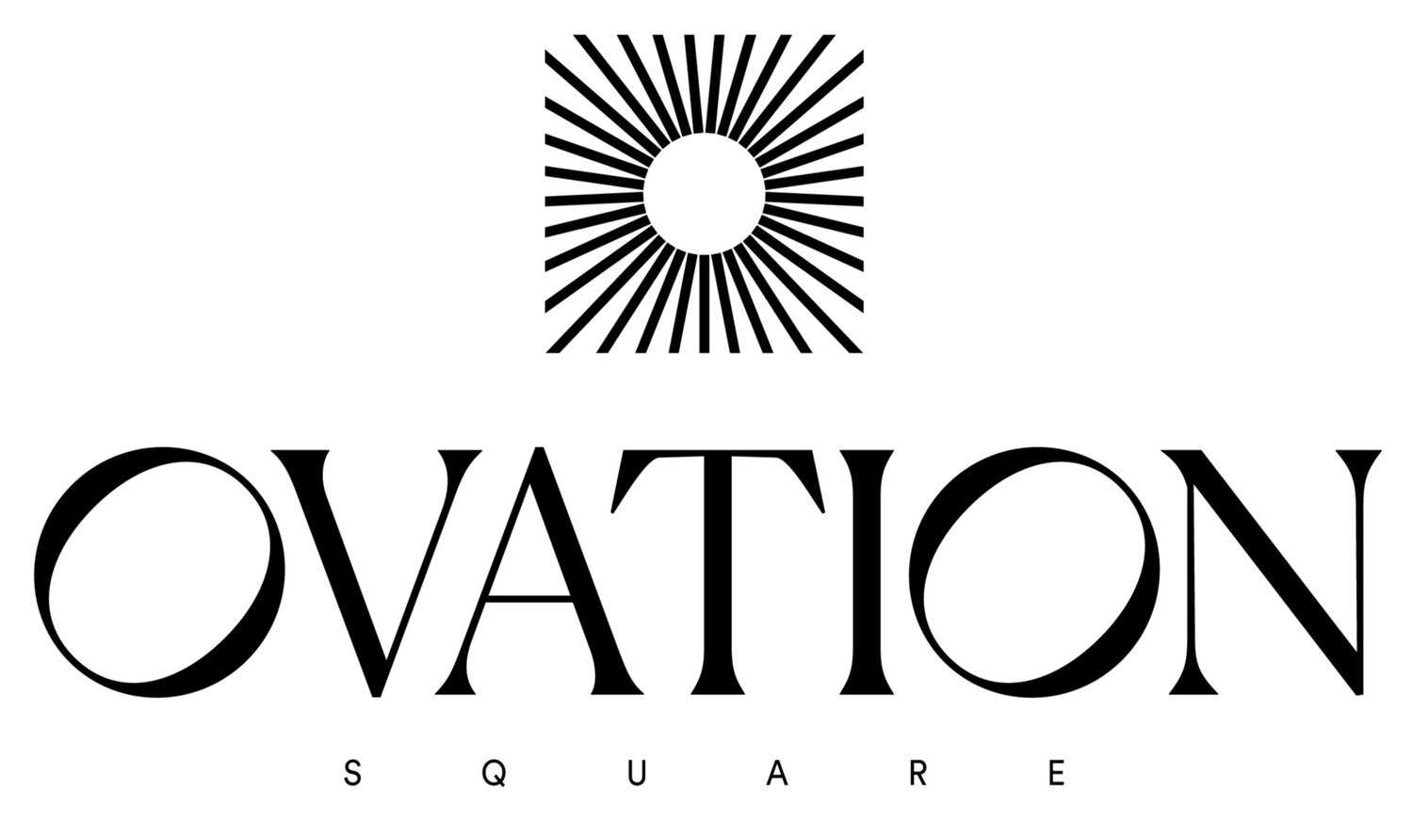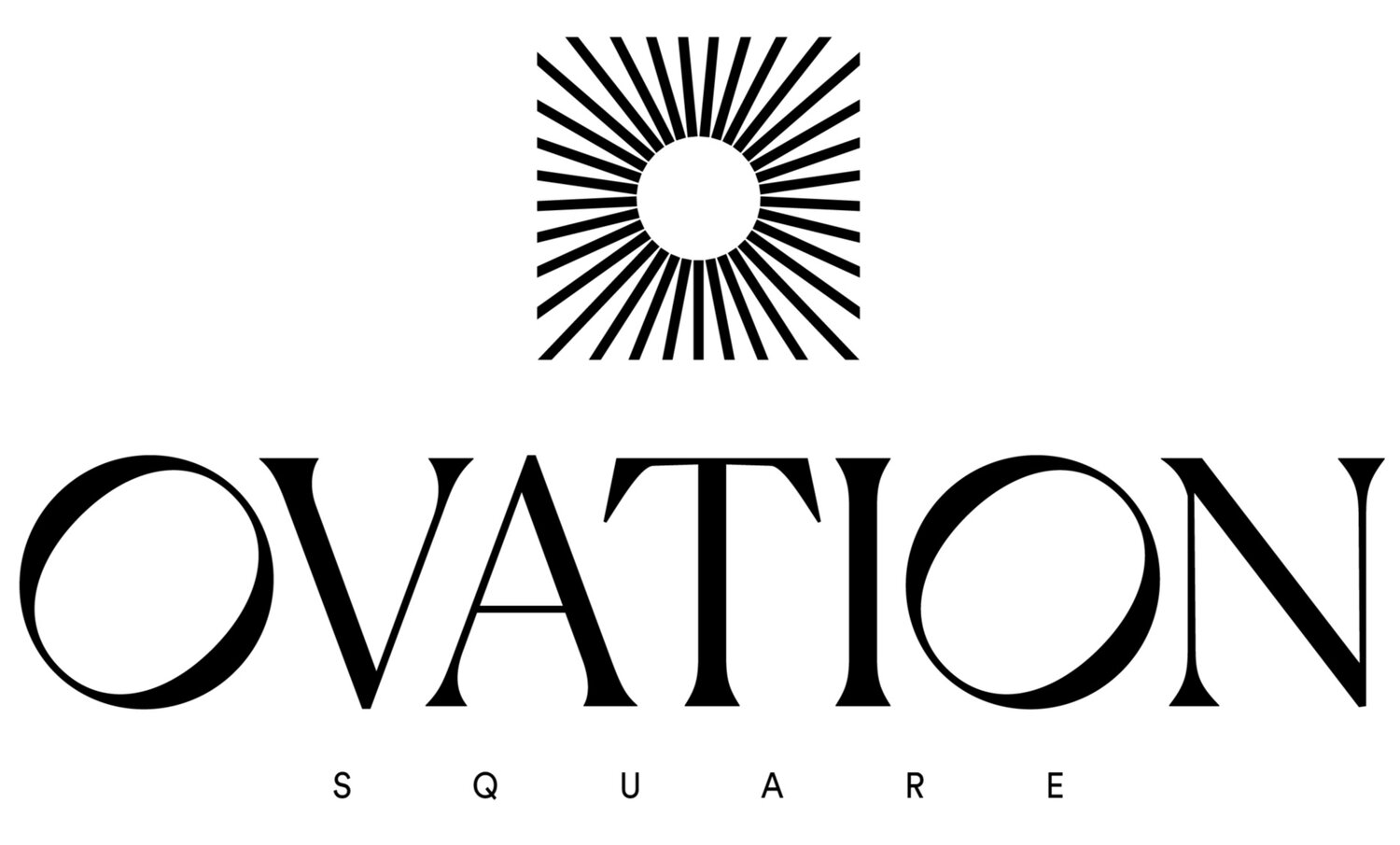Key Elements For Planning a Successful Trade Show
Where can exhibitors meet hundreds of prospects in just a few days? A trade show event, which is why this can be such a crucial element to so many companies' marketing strategies. Trade shows drive purchases and are a great way to successfully launch your product or service in front of people face-to-face. To ensure your trade show is a success, it will require careful attention and planning so your show isn’t a wasted opportunity.
So what are the key elements for successful trade show planning? Follow our step-by-step guide below to find out.
1. Set A Budget
Making sure you have a budget and a set plan of action for how you want to spend your marketing dollars will help lay the foundation for the trade show. This will also keep you in check so your costs don’t spiral out of control. What is the cost for rental event space? Shipping? Marketing materials? Staffing? Lead retrieval? These are a few of the costs you will want to consider as you lay out your budget.
2. Determine Your Goals
When you plan a trade show, you want to have goals set ahead of time so you can work towards achieving them. Perhaps your goal is relationship building? Lead generation? Or brand awareness? Or maybe it’s all three? Honing in on what you want the outcome of your trade show to be will help you set an actionable plan to achieve these goals. This is crucial because from here you will want to build out marketing and design that are centrally focused on your goals.
3. Choosing The Right Show
When you ask yourself “What are the different types of trade shows?” you will be met with a list of hundreds that can seem daunting. Focusing in, based on your industry and the event that will help you get the most bang for your buck can be a great starting point. Sometimes the larger trade shows aren’t everything they are cracked up to be either. In terms of time and budget, the smaller more targeted trade shows can sometimes bring the greatest benefit.
4. Designing Your Exhibit
The design of your booth should reflect the goals you have laid out for yourself. For example, if you are focusing on lead generation, how are you capturing information at the trade show venue so that you can follow up with clients later? Or if you are trying to increase brand awareness, what do your signage and marketing materials look like? Aligning your design with your goals will help you maximize your results at the show.
5. Select The Right Staff
Who you choose to work your event is a critical part of your success. You want to choose staff that is well-informed and can represent your brand clearly. Sometimes the face-to-face presence representing your brand can be more important than anything else because they leave a lasting impression on the consumer. If you choose a strong team, you are bound to succeed.
6. Promote
It’s important with this type of event that you promote beforehand. Most people already know what booths they want to attend beforehand so making sure you spread awareness is important. For example, if the trade show venue rental is in Los Angeles, what targeted promotion have you done within the market to make sure people know about your brand specifically? Setting this up beforehand will ensure your success.
7. Engage
Finally, you want to make sure the quick impression people have of your company is an engaging experience. Whether that is through an interactive display, a game, charging stations, or a lounge area, how are you going to get people to stay with you as long as possible?
We hope these key elements of planning a successful trade show helped answer the big question of “what are trade show events?” and “how do I pull one-off?” Here at Ovation, we have an entire event planning staff behind us and are always looking to make people’s lives as easy as possible when it comes to this space.
Frequently Asked Questions
Q: If I have never done a trade show before, how much do you think I should promote?
A: We think promoting yourself can only help, not hurt. If this is your first show, promotion can help ensure your first event is a success.
Q: If I have never designed a booth before, can you assist with that?
A: With a team of event experts behind us, we are more than happy to help design visual elements for you.
Q: If we have a rough budget, how do we make sure we stick to it?
A: We always recommend laying out your budget into clear categories. For example, how much do you want to spend on staffing? Promotion? Engaging elements? This will help you stick to a budget if everything is organized.

